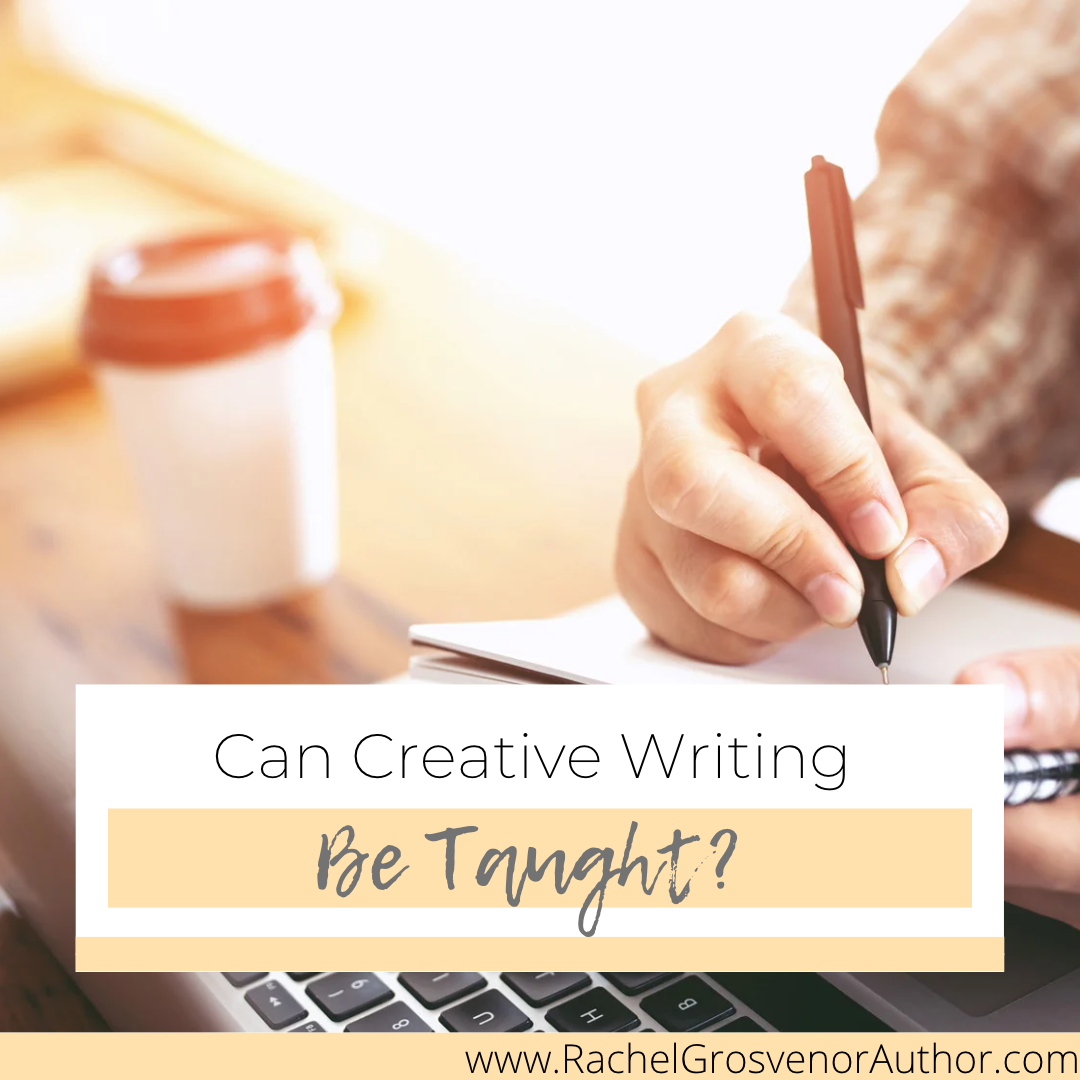It’s a question that I’ve heard throughout my writing career. As you know, I am an author, writing coach and editor, but I have also been a university lecturer in creative writing and have taught adults in this field for over seven years.
There are different types of creative writing classes. There is the type that allows you the time to write, essentially putting writers in a room together and giving them a theme to create with for an hour or so. There is also the type of class I teach, focusing more on the theory and craft of creative writing. From dialogue to characterisation, I teach writers everything from finding the time to write to creating a realistic character and plot.
In my experience, creative writing can be taught. Of course, talent is a huge part of anything creative, and some people find it easier to write and have a natural flair for the written word. But, I believe that anyone can tell their story with the right support.
Taking a creative writing class is the perfect way to get your creative juices flowing and hone your craft. Whether you’re looking for a creative outlet, want to refine your writing skills or brush up on some techniques, creative writing classes are a great launching pad.
Creative writing classes offer invaluable opportunities to learn new concepts while surrounded by like-minded writers. You can bounce ideas off each other and learn from different perspectives in order to expand your creative horizons. Not only will you become inspired by fellow students’ work, but you will also find motivation within yourself to develop further as a writer. Creative writing classes also offer networking opportunities with other writers who share your interests. Connecting with like-minded individuals can help open up possibilities for collaboration or even just making new friends within the creative circle.
The teachers of creative writing classes provide helpful advice and tips that guide you through the creative process. They often have a wealth of knowledge and experience, which can help you get the most out of your creative writing class. With their guidance, you’ll be able to explore various topics and find creative ways to express them in your writing.
Overall, creative writing classes can be an invaluable part of any writer’s journey. Such a course will inspire ideas and enhance your process, helping you build essential skills and connections that will benefit you as a writer. So why not give creative writing classes a try? You’ll be surprised at how much your creative work can benefit from it.
Looking for a creative writing class? If your preference is online, I offer a Masterclass, It’s Time to Write Your Novel. Here’s what my student Hannah had to say about it:
“The Novel Writing Masterclass is a resource that I just keep coming back to. The flexible lesson structure and topic-focused videos mean that I can come back to Rachel’s valuable insight when I’m stuck or battling with a certain area of my writing. It is a dream of mine to write a novel, and although life sometimes gets in the way, I know that I have the knowledge, expertise and compassionate guidance of Rachel always behind me through her Masterclass resources and material.”
If you favour real-life classes, reach out to your local hubs for more information, workshops and further resources. With the right guidance, you may find yourself improving as a writer in no time! So why wait? Take that creative writing class now and start developing your craft today.
Want to read something similar? Check out the following:
5 Things I Wish I Had Known before Writing My First Novel
10 Ways to Grow as a Writer







